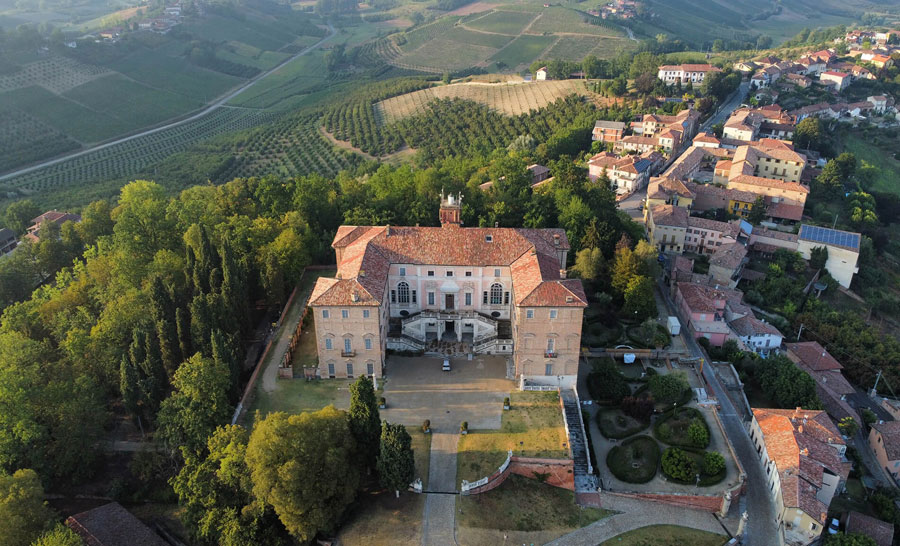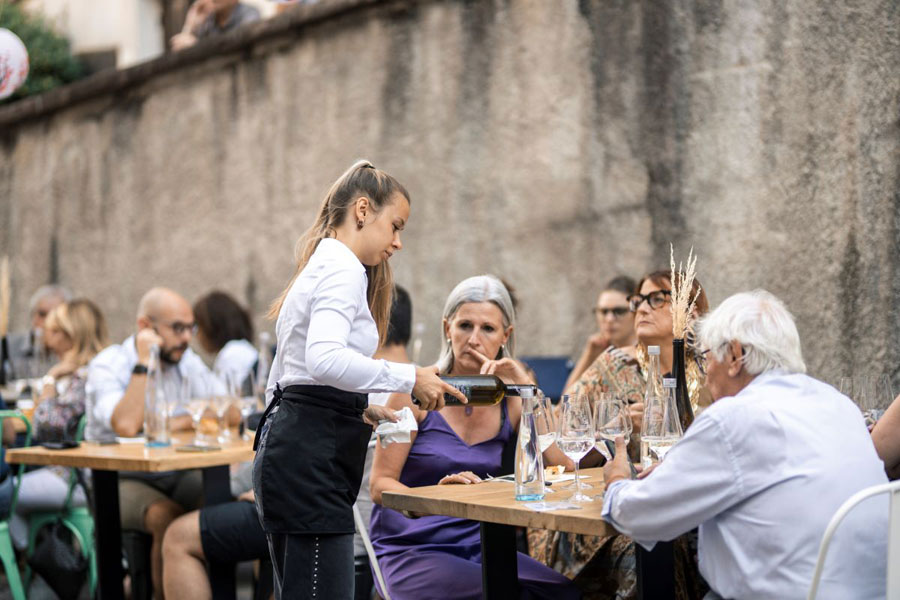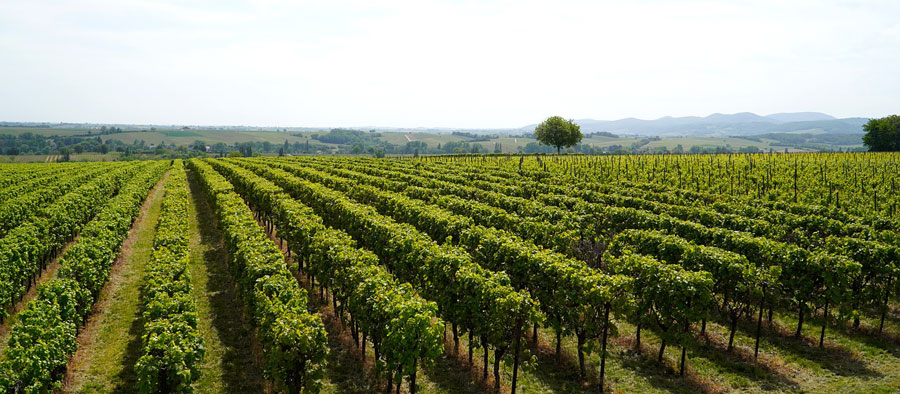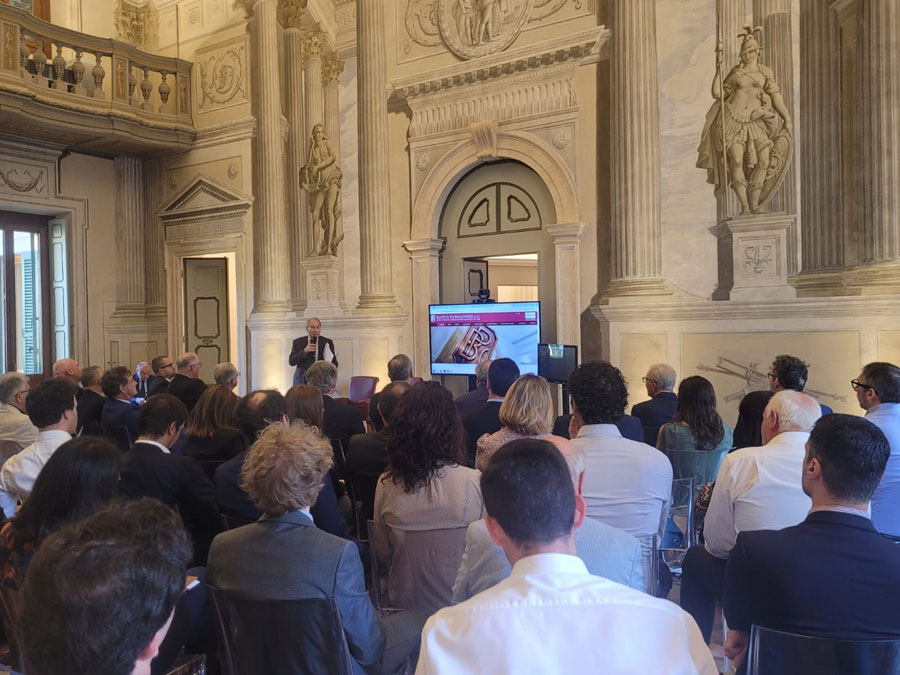From Piedmont to wineries throughout Italy, an open-air exhibition to tell the story of the sustainable viticulture revolution expanding throughout Europe
1st Edition Saturday 29 June 2024 – Royal Castle of Govone Piazza Roma 1, Govone (CN).
- Over 25 wineries and more than 100 labels present from all over Italy, as well as an international selection, to discover resistant vines, for the first time in Piedmont
- From the morning a conference and eight exceptional guests, in the afternoon the tasting tables and in the evening, the widespread dinners in Govone
The first edition of VINI PIWI is underway, the first event in Piedmont dedicated to the discovery of the new world of resistant vines, and their variations, at the Royal Castle of Govone: Saturday 29 June an entire day dedicated to operators and enthusiasts.
Vini Piwi will be the Piedmont event that will showcase an enormous winemaking heritage, which is rapidly expanding throughout Europe. Thanks to decades of work, crossing varieties of vitis vinifera and resistant American or Asian species, through natural pollination, these vines have produced a high resistance to diseases, while maintaining high oenological qualities and unique taste and organoleptic characteristics. In this way it is possible to reduce the costs linked to phytosanitary treatments, simultaneously increase the productivity of the vineyards and promote sustainability, as they can easily be cultivated organically, in other words giving a concrete response to the challenges posed by climate change.
An event created to learn about and learn more about PIWI vines: the true revolution of sustainable and eco-compatible viticulture that responds to current environmental needs.
The event starts in the morning, from 10 am, with the conference ” Resistant vines, a great opportunity for Piedmontese viticulture ” dedicated to professionals in the sector (subject to accreditation here: https://bit.ly/ACCREDITI_PIWI_CASTELLO_GOVONE) with 8 high profile scientific and informative meetings.
To open the conference Marco Stefanini , President of Piwi Italia – agronomist and oenologist, and coordinator of the Vine Genetics and Breeding Unit at the Edmund Mach Foundation. Author of over 300 scientific articles, he will introduce all the news and genetic improvements of the vine.
We continue with Davide Sordi – professional in the wine and viticulture sector, specialized in phytosanitary protection and sustainability in the vineyard, who will illustrate the challenges and opportunities in the market for resistant vines. To delve deeper with an oenological focus on the vinification of Piwi wines, at just 39 years old, Nicola Biasi – the best young oenologist in Italy who will precede Alexander Morandell, President of PIWI International since 2020, who will offer an overview of the European PIWI viticultural panorama , exploring the trends and innovations in the sector.
We continue with Mario Deltetto , sommelier and graduate in psychology, as well as head of the Alba Hotel Academy, who will talk to us about how to combine PIWI wines with new culinary trends ; and then again Giacomo Dacomo , vice-president of the Umberto I Institute – Oenological School of Alba, who will talk about the vineyard experiments carried out in the municipality of Alba.
From 3.00 pm to 8.00 pm in the multifunctional room ” LA SERRA ” also the PIWI WINES EXHIBITION: over 100 resistant wines told by 25 wineries from all over Italy , dedicated to all wine lovers, as well as a selection of international wineries . By purchasing the tasting package, you will be able to taste all the wines present and purchase, directly from the cellar, the labels you find most interesting.





